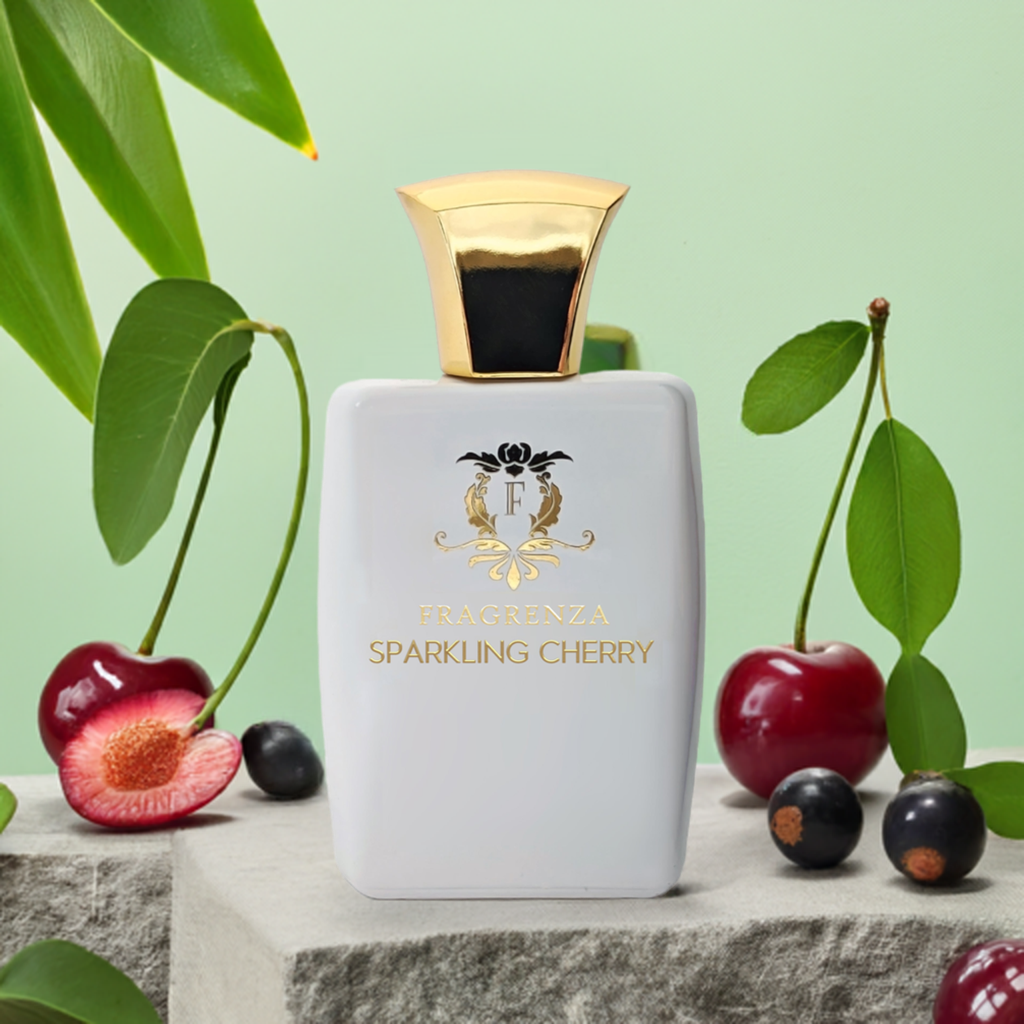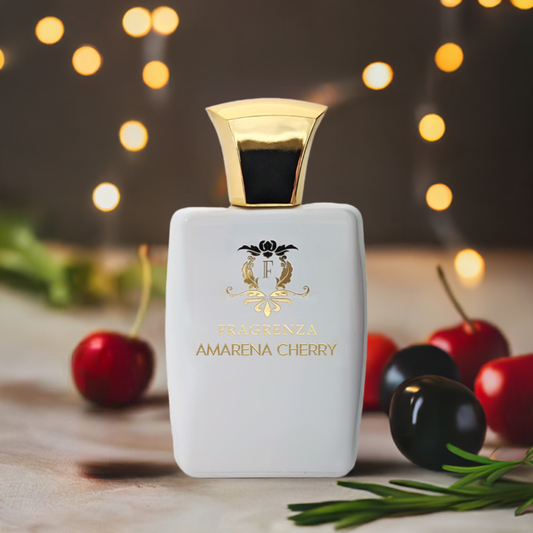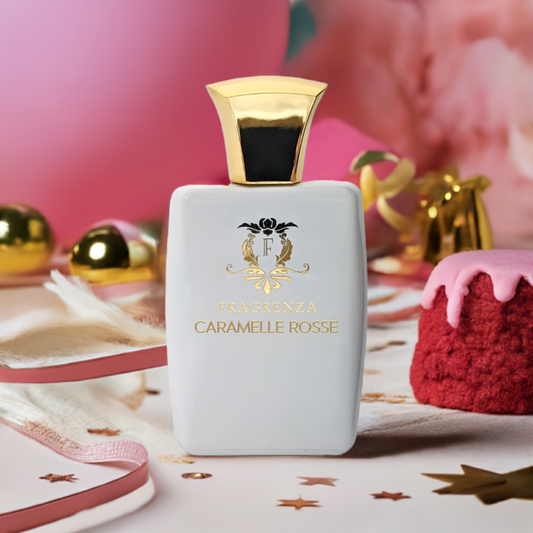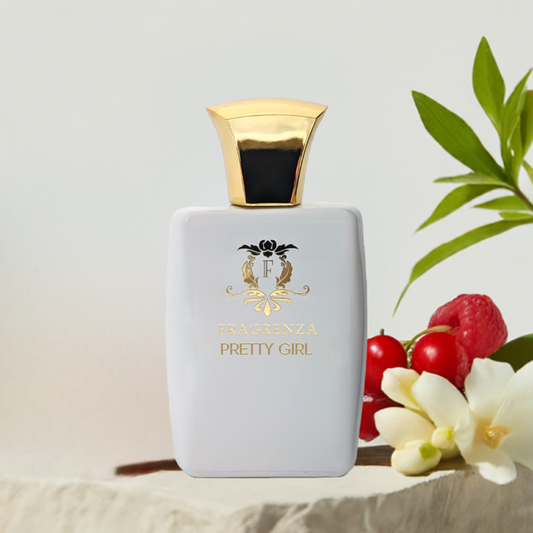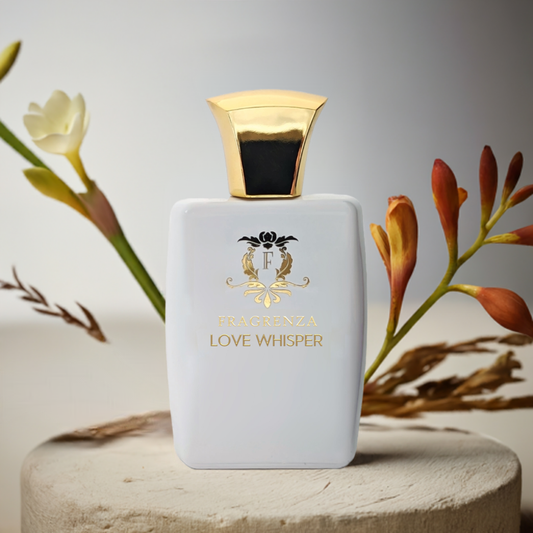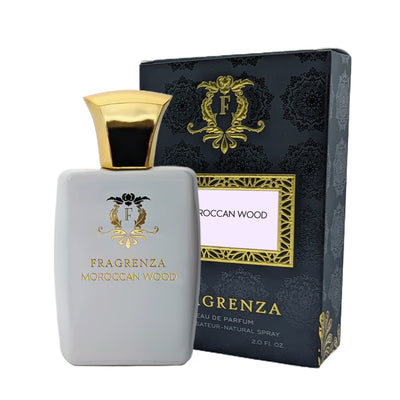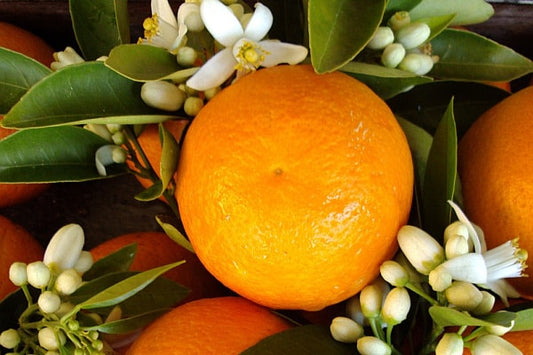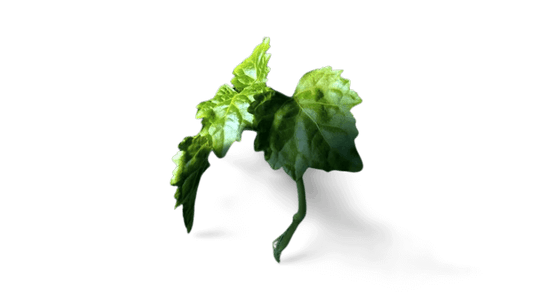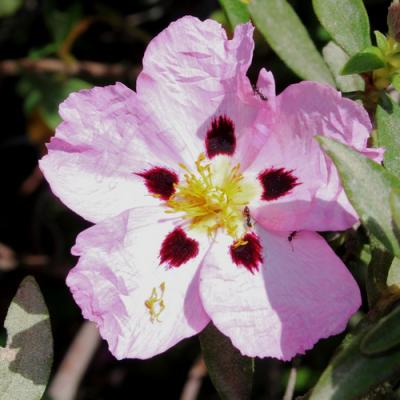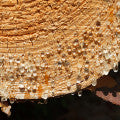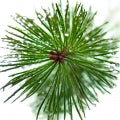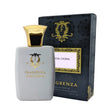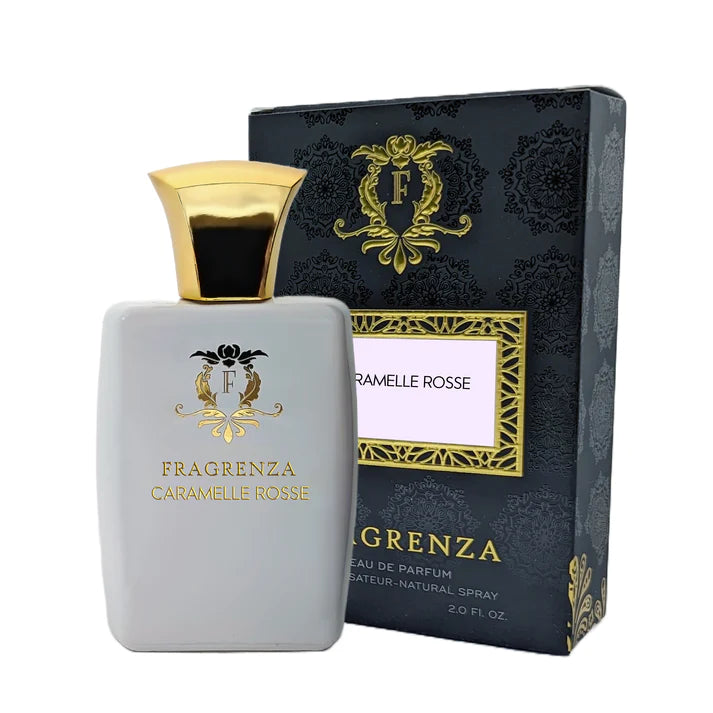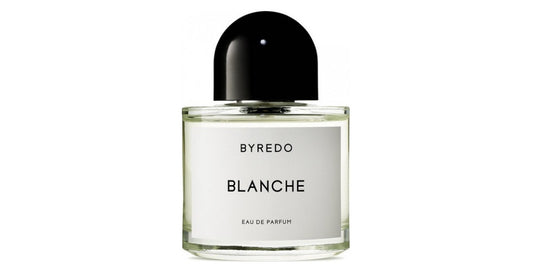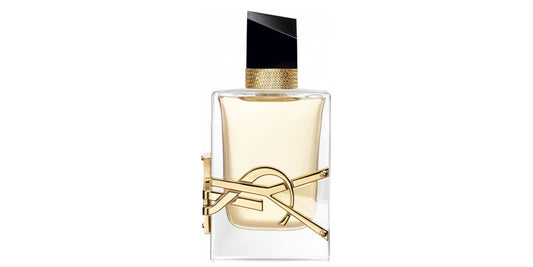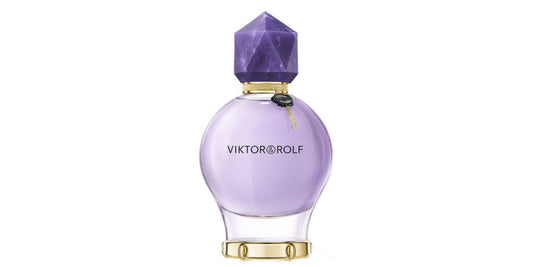Pine in perfumery
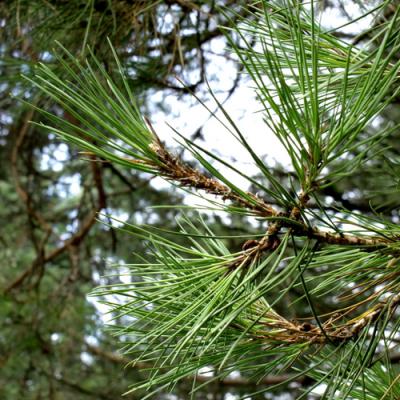
In This Article
Pine in its Natural State
Pine trees belong to the Pinus genus and the Pinaceae family, with at least 111 species known today. These coniferous trees have needle leaves grouped in bundles of two to five and are among the most important conifers. Typically, pines are large and long-lived, with a dozen species capable of reaching 1,000 years, and two species living up to 5,000 years! Pines are photoautotrophic organisms, using sunlight and carbon dioxide for sustenance. They require two to three times more light than a typical tree and struggle with shade, but they tolerate drought and thrive even in poor soil conditions.
Legends Surrounding Pine
The fascination with pine trees dates back to ancient times. Greek mythology tells of the nymph Pythis, who escaped the advances of Pan by transforming into a black pine tree. While laurels crowned the winners of the Olympic Games, the Isthmian Games of Corinth awarded winners with a pine wreath. In the Middle Ages, the pine tree became associated with knowledge and immortality and featured in numerous chivalric novels. It has also inspired poets, appearing in works by Pierre Ronsard and Théophile Gautier's famous "Pin des Landes."
Pine's Resinous and Woody Scent
The aroma of pine often evokes memories of holidays for many. Key species used in perfumery include Tyrolean pine, Siberian pine, maritime pine, and Scots pine. To capture their fragrance, perfumers distill the twigs or needles with water vapor, obtaining a highly aromatic essence. Occasionally, pine scent is extracted using volatile solvents, typically used to produce concretes or absolutes.
Pine is frequently associated with masculine scents, appearing in fragrances such as Mustache by Rochas, Saharienne by Yves Saint-Laurent, and Brit For Men Winter 2010 by Burberry. It can also be found in unisex fragrances like Nuit Etoilée by Annick Goutal.
Fun Facts About Pine in Perfumery
- Pine scent has a calming effect and is often used in aromatherapy for stress relief and relaxation.
- Pine oil, derived from the needles of the tree, is known for its antibacterial, antiviral, and anti-inflammatory properties.
- The resinous and woody scent of pine is often associated with the outdoors and nature, making it a popular choice for adventurous and rugged perfumes.
- Pine can add depth and complexity to a fragrance when blended with other woody, earthy, or spicy notes.
